The views expressed in our content reflect individual perspectives and do not represent the authoritative views of the Baha'i Faith.
How can faith-based individuals and organizations align their financial capital with a better world?
In the mid to late 1800s, Baha’u’llah, the prophet and founder of the Baha’i Faith, proclaimed: “Every age hath its own problem, and every soul its particular aspiration. The remedy the world needeth in its present-day afflictions can never be the same as that which a subsequent age may require. Be anxiously concerned with the needs of the age ye live in, and center your deliberations on its exigencies and requirements.”
When we reflect, consider, and ponder these words, we can identify a number of today’s problems. One in particular that has accelerated since the industrial revolution is climate change. Another that is age-old yet stubbornly persistent is racism and tribalism. In 2017, the Universal House of Justice, the democratically-elected global governing body of the Baha’i administrative system, issued a powerful reminder and call to action: “Every choice a Bahá’í makes—as employee or employer, producer or consumer, borrower or lender, benefactor or beneficiary—leaves a trace, and the moral duty to lead a coherent life demands that one’s economic decisions be in accordance with lofty ideals, that the purity of one’s aims be matched by the purity of one’s actions to fulfil those aims.”
Faith groups worldwide are partaking in a number of community-oriented actions to address these problems. From teaching youth to organizing meditation circles, those inspired by the divine teachings have an essential role to play in bringing humanity closer to its potential for unity and regenerative, as opposed to extractive, prosperity.
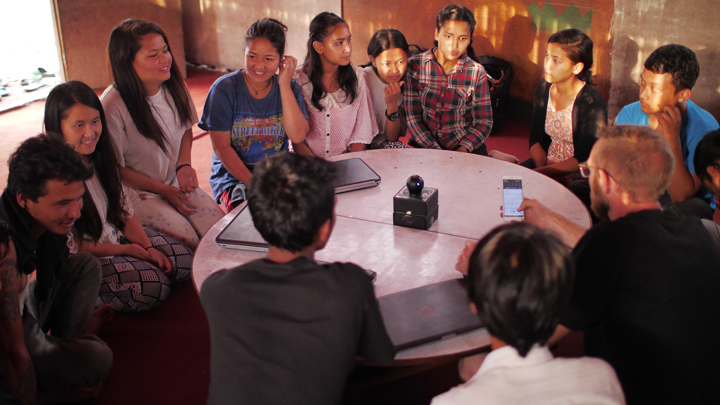
They can also match actions with aims by aligning the economy’s engine — that of money — with positive social, environmental, and intergenerational outcomes. Individual and institutional bank deposits, no matter how small, are leveraged to invest in activities that do one of two things: harm or help communities and our environment.
There are at least three sources of third-party initiatives, certifications, and membership organizations that can be a source of sustainable banking institutions: the Global Alliance for Banking on Values (GABV), Certified B Corporations, and the US-specific Bank for Good campaign.
The Global Alliance for Banking on Values is a network of banking leaders from around the world committed to advancing positive change in the banking sector. Their collective goal is “to change the banking system so that it is more transparent, supports economic, social and environmental sustainability, and is composed of a diverse range of banking institutions serving the real economy.”
Certified B Corporations are businesses, including financial institutions, that meet standards of verified social and environmental performance, public transparency, and legal accountability to balance profit and purpose. B Corps are “accelerating a global culture shift to redefine success in business and build a more inclusive and sustainable economy.”
There are over 5,000 banks and over 5,000 credit unions in the United States, and thus plenty of sustainable, faith-aligned options. These deposits are either insured by the Federal Deposit Insurance Corporation or National Credit Union Administration. Bank for Good, a campaign that encourages people to bank with climate-forward and otherwise good banks, has created an easy-to-use database of banks and credit unions that are friendly to the planet and people.
The Baha’i community has started to take steps to align banking with the exigencies of our age and heed the Universal House of Justice’s reminder to match action with aims. For example, the Local Spiritual Assemblies of Redwood City and Oakland in California have moved their deposits and business to sustainable banks, choosing Beneficial State Bank, a community development financial institution that is B Corp certified, a member of GABV, and listed in the Bank for Good initiative. By doing this, they are in good company: more than 400 faith institutions have divested from fossil fuels and have aligned their money with a regenerative economy.


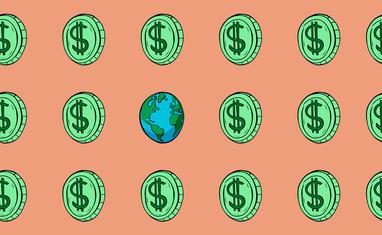

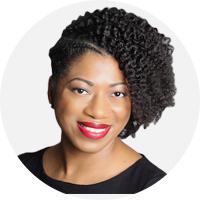
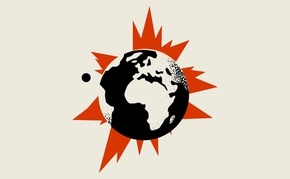

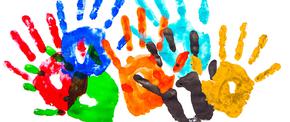









Comments
Sign in or create an account
Continue with Facebookor